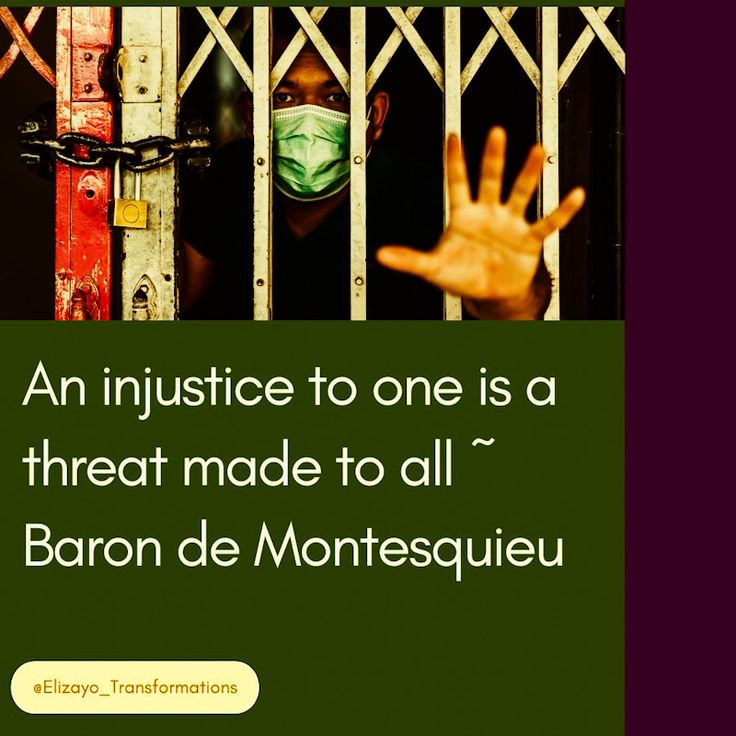Academic plagiarism, especially in the early stages of a career, can be devastating. The consequences extend far beyond a failing grade; they can irrevocably damage reputation, stifle career progression, and inflict significant emotional distress. Yet, the process of addressing plagiarism, particularly when navigating institutional procedures, often suffers from unacceptable delays, rendering even eventual justice meaningless. This delay, in essence, is a denial of justice.
For early career researchers, graduate students, and junior academics, the timeline of a plagiarism investigation can feel agonizingly long. The uncertainty surrounding the outcome, coupled with the potential damage to their nascent reputation, creates a climate of anxiety and professional stagnation. Funding applications may be delayed or rejected, publication opportunities missed, and future collaborations jeopardized while the investigation drags on. This is particularly acute in competitive academic environments where even a whiff of misconduct can significantly hinder career advancement.
The slow pace of institutional processes is often attributed to bureaucratic hurdles, resource limitations, and the complexity of investigating allegations. However, the human cost of these delays is rarely adequately considered. The stress associated with prolonged uncertainty can lead to burnout, mental health challenges, and even a retreat from academia altogether – a tragic outcome for promising individuals whose careers are unjustly stalled.
Furthermore, delayed justice undermines the deterrent effect of plagiarism policies. If the consequences are significantly delayed, the impact is diminished, potentially encouraging future infractions. A swift and decisive response is crucial not only to protect the victim but also to maintain the integrity of the academic community.
Institutions must prioritize streamlining their plagiarism investigation procedures. This includes clear timelines, dedicated resources, and improved communication with those affected. A commitment to expeditious and transparent processes is crucial to ensuring that the victims of plagiarism receive the justice they deserve, before their careers are irreparably damaged. Only then can the phrase “justice delayed” truly cease to become “justice denied.”





